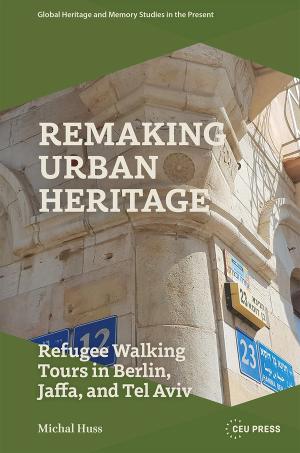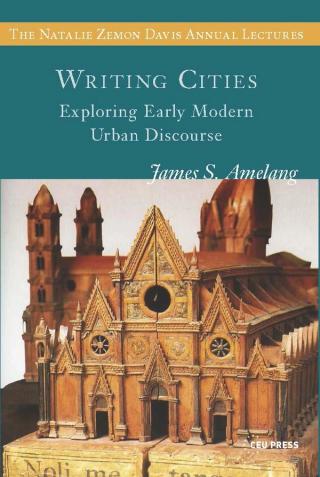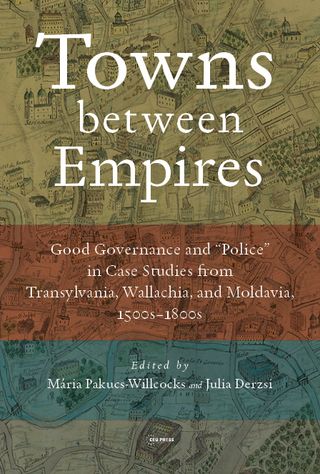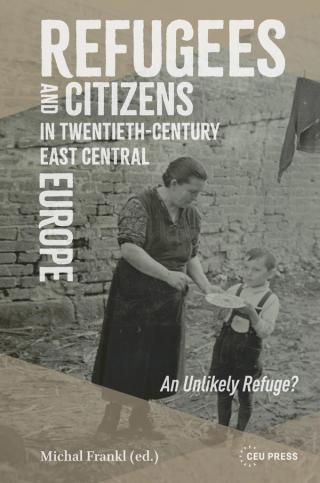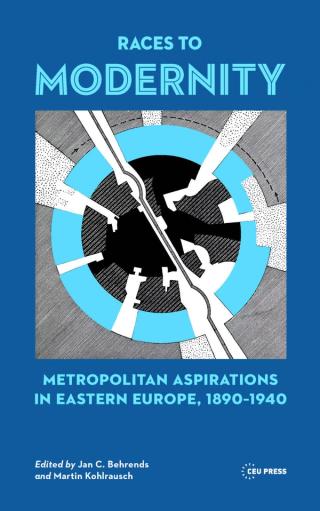This book follows the perspectives of refugee activists to examine cities shaped by layered histories of war, colonialism, and partition. Challenging the crisis-driven, state-centric frameworks that dominate migration and border studies – where refugees are often cast as passive victims or threats – the book foregrounds their agency in reimagining urban heritage. Moving beyond the edge of the state to the heritage sites of the urban sphere, Remaking Urban Heritage explores refugee-led walking tours in Berlin, Jaffa, and Tel Aviv, tracing the entangled geographies of the Middle East, Africa, and Europe. Through a participatory ‘walk-along’ ethnography grounded in artistic practice, the book reconceptualizes heritage-making as a dynamic, contested, and transcultural process. By centring refugee storytelling, performance, and spatial knowledge, it offers a critical intervention into memory, urban, and migration studies – urging scholars and practitioners to rethink the politics of belonging amid ongoing displacement and to attend to the fluidity of urban heritage.

